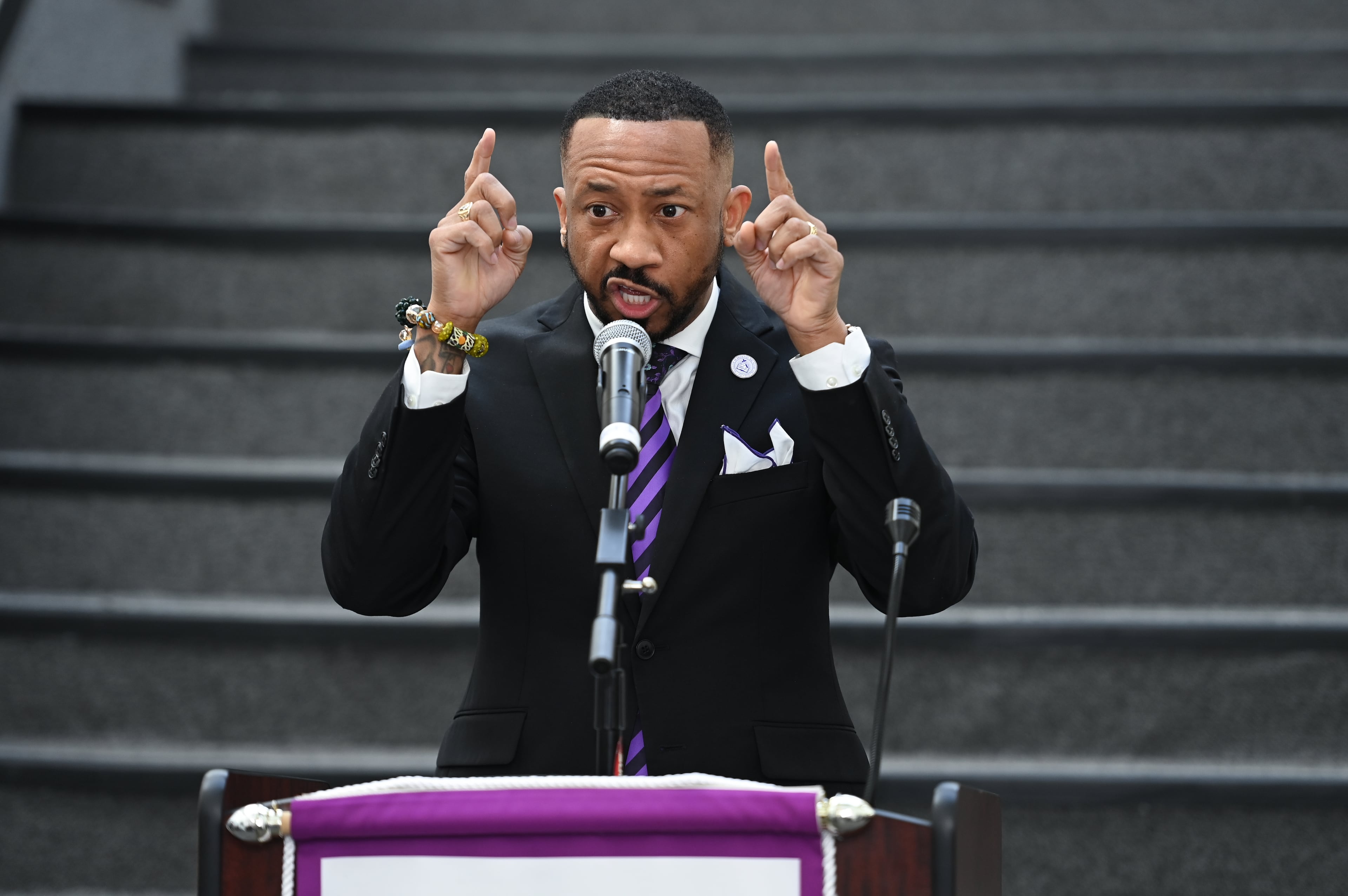New legislation to change school funding, discipline, testing

Kindergarten students will start learning about sexual assault, schools will find it more difficult to expel misbehaving tykes, and people who speed through a school zone could get caught by a machine instead of a police officer, if Gov. Nathan Deal signs these recently passed bills.
They are among about two dozen consequential school-related bills that passed the Georgia General Assembly. Perhaps the most significant involve money, including a larger budget and increased funding for non-traditional schools, including private religious schools. Here’s a guide to this year’s education legislation.
More money
Lawmakers approved a budget that, for the first time since 2002, fulfills the state’s requirement to fund schools under a 1985 formula. Gov. Nathan Deal has gradually closed a funding gap that exceeded $1 billion after the Great Recession, and rising revenue projections allowed him to plug the remaining $167 million hole.
That money goes to public schools, and they will likely also gain additional income from revised car title taxes from House Bill 329. Schools also stand to benefit because an educational grant fund which was expiring in two years was extended an additional three years. That was tucked into House Bill 217, legislation that otherwise was ill-received by public school teacher groups. The main focus of HB 217 is funding for private schools. It increases the annual $58 million cap on tax credits for private school tuition to $100 million for the next decade.
House Bill 787 was also seen as competing for money with traditional public schools. It increases funding for state authorized charter schools, which have complained for years that they must outperform traditional schools while getting less money. The legislation proved explosive in the Senate, where the leader of the Education and Youth Committee resigned his chairmanship over the way the bill was handled. The senator, Lindsey Tippins, R-Marietta, a former member of the Cobb County school board, was concerned about accountability with state charter schools. His committee amended the bill to require higher performance in exchange for more money, but the leader of the Senate, Lt. Gov. Casey Cagle, didn't agree with the changes. The full Senate rejected them. Now, if Deal signs it, state charter schools will get as much as or more money than many traditional public schools.
One other little-noticed bill would use school money to help parents of distressed students. House Bill 853 lets the state funding allocated for a public school student follow that student to a psychiatric residential treatment facility if placed there by a doctor.
Testing and job training
Though Tippins and Cagle differed over charter school funding, they collaborated on bills that could reduce the amount of testing in schools and help students prepare for jobs.
Senate Bill 362 establishes a pilot program that allows school districts to experiment with alternatives to the state's standardized tests. Several metro Atlanta districts, including Fulton and Gwinnett counties, want to participate. The program is subject to federal approval, but if local districts develop good alternatives, the state education department will have to develop the tests for use statewide.
Senate Bill 3, the CONNECT Act, seeks to expand job training in high schools, with tighter coordination between educators and industry.
Tippin's Senate Bill 401 also aligns with Cagle's career-oriented focus in public education. It mandates a report on school counselors, their workload and whether they are able to to offer adequate career-oriented guidance for students. The legislation mandates such counseling beginning in middle school.
Health and safety
SB 401 also requires sex abuse awareness training for children starting in kindergarten. The bill mandates annual schooling on the topic for students through ninth grade, as well as training for teachers.
House Bill 978 is not technically an education bill, but it applies to people who drive in school zones. The legislation establishes the authority to set up automated speed traps. Until now, a law enforcement officer has had to issue citations for speeding, but HB 978 lets cities and counties contract with companies that can install and operate cameras that detect speeding. Fines of $75 for a first offense and $125 for each thereafter would apply to the car owner. Schools wouldn't necessarily get any of the proceeds, but that could be negotiated.
A company that provides these cameras, American Traffic Solutions, gave campaign contributions to some lawmakers who backed the bill. Though the legislation may increase the volume of fines for speeding near schools, it would reduce money coming from another school-related driving offense: passing stopped school buses. The fine for that starts at $300, rising to $1,000 with multiple offenses. HB 978 caps it at $250, and clarifies that it's not an offense to pass a stopped bus on the other side of a divided highway.
House Bill 740 makes it more difficult to expel misbehaving students in pre-K through 3rd grade.
Higher education
House Bill 713 opens the doors for more students to receive HOPE scholarships by slightly reducing eligibility requirements based on student performance on SAT and ACT tests.
Senate Bill 339 protects free speech and the press on state college campuses.



